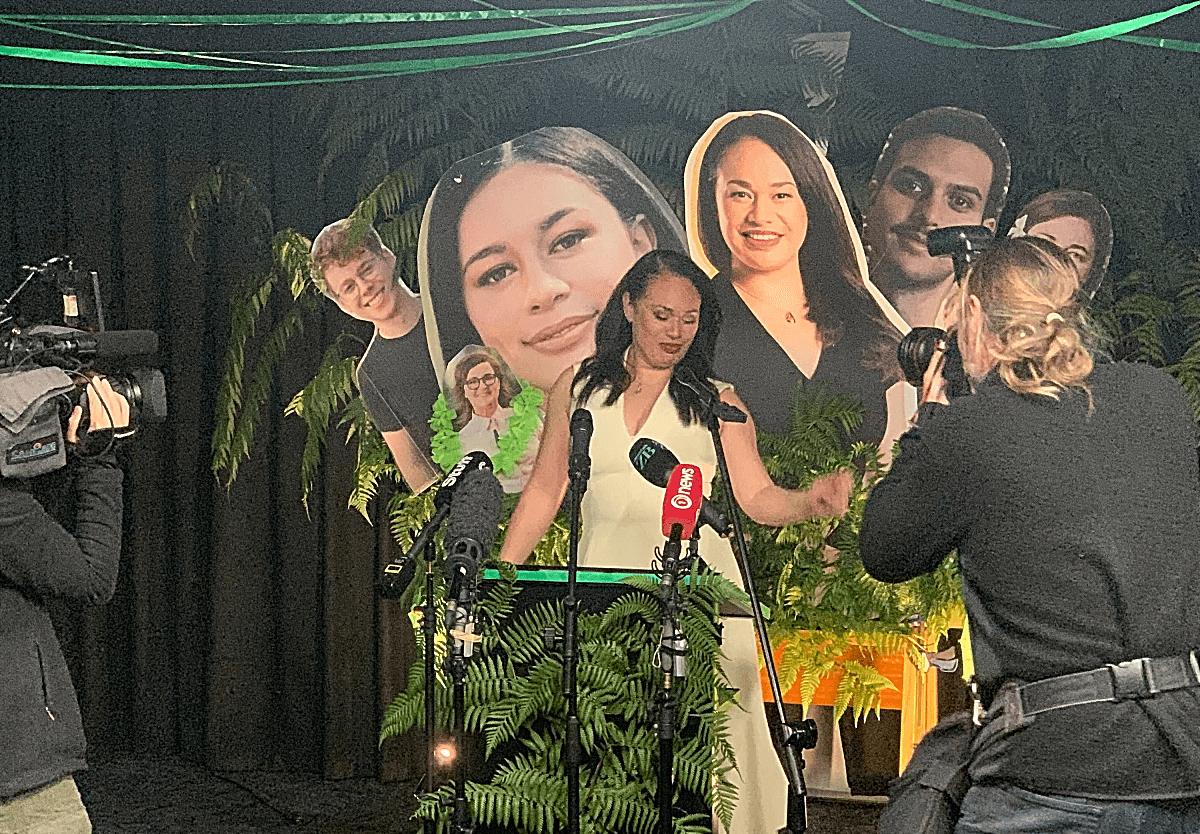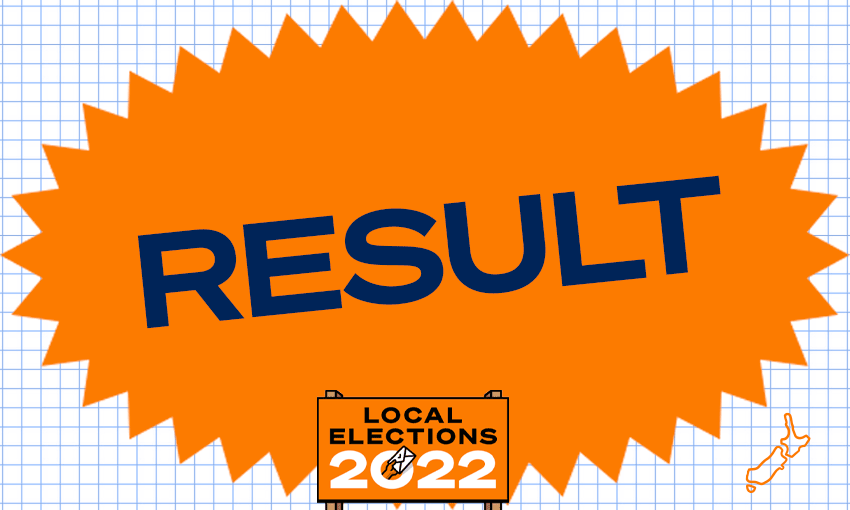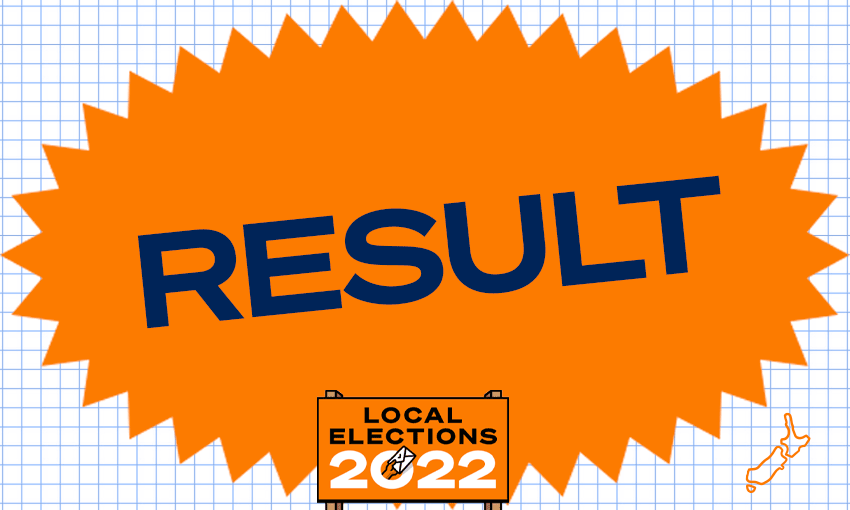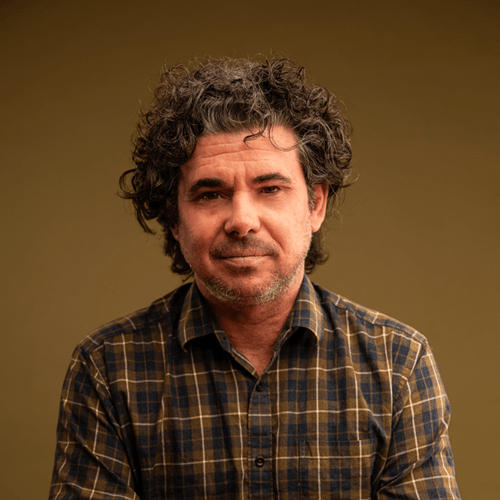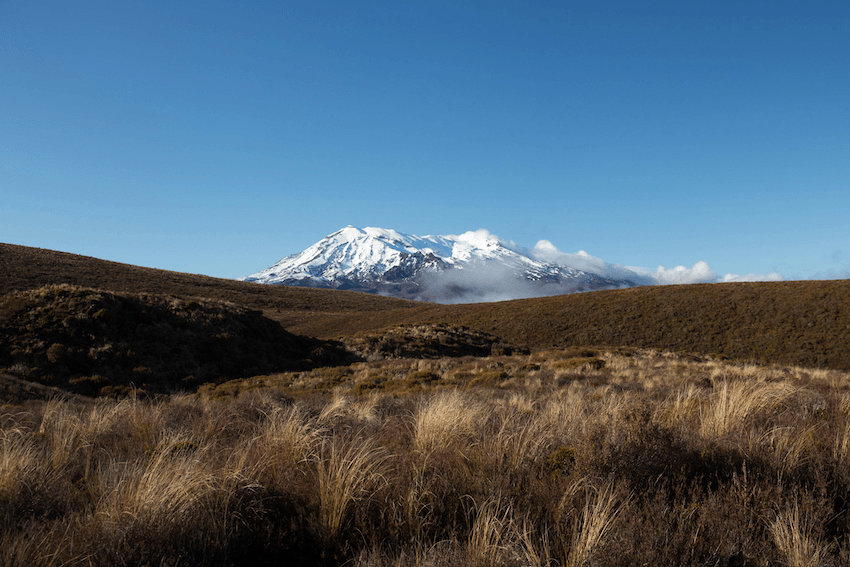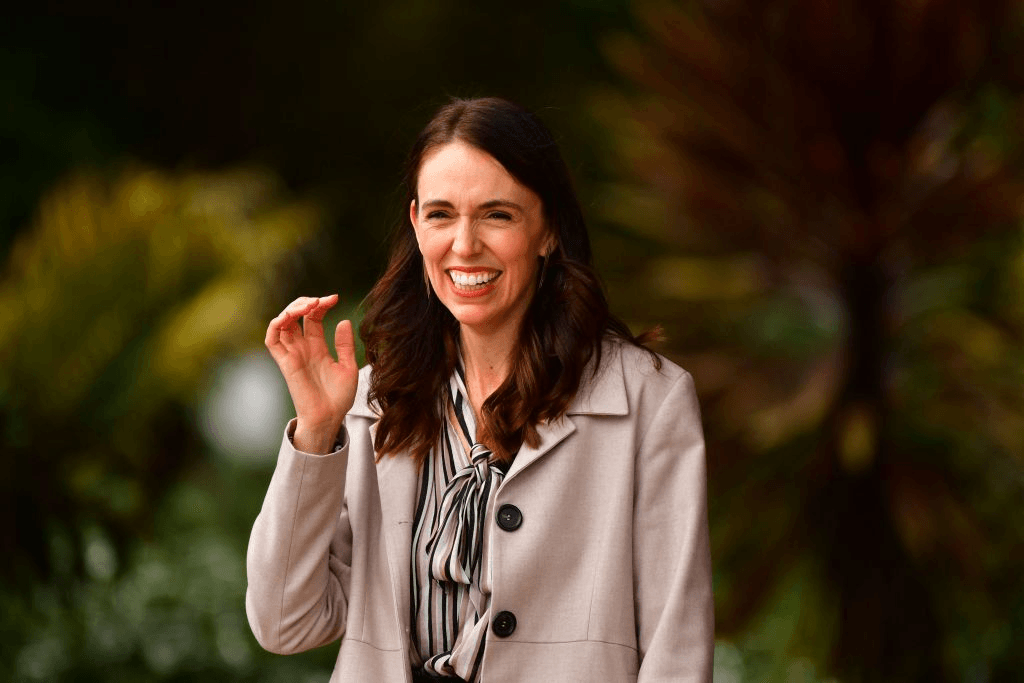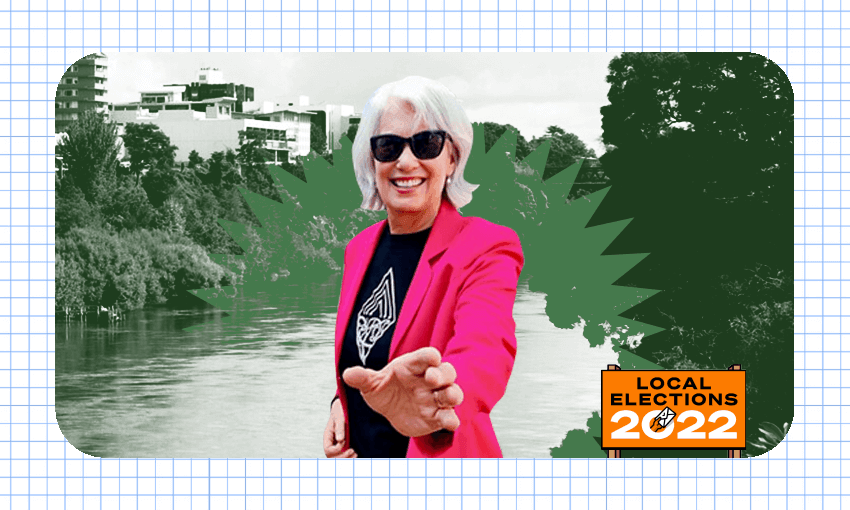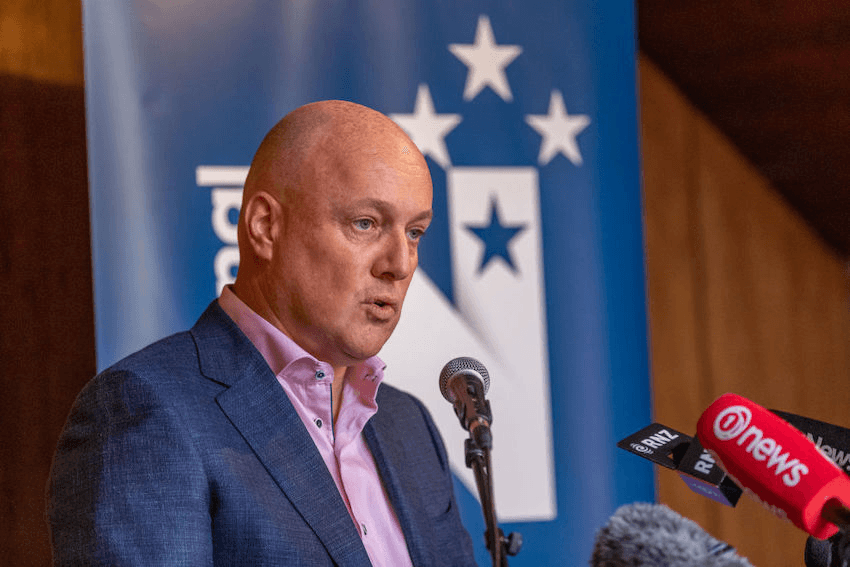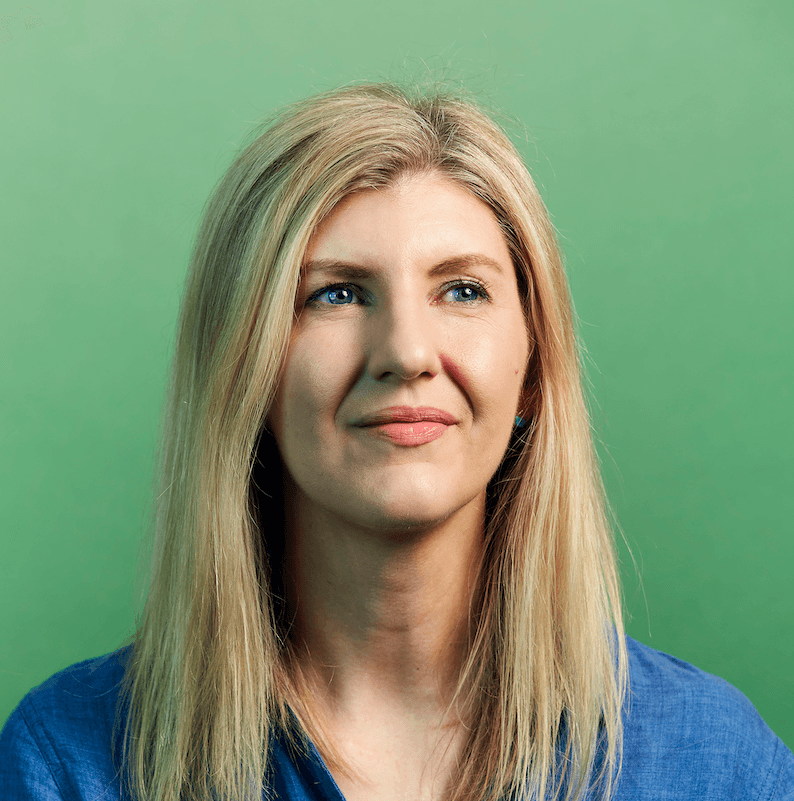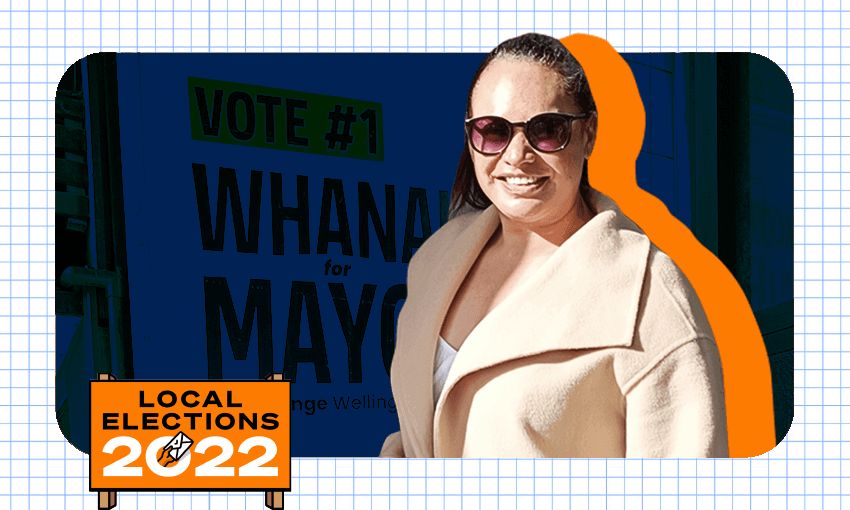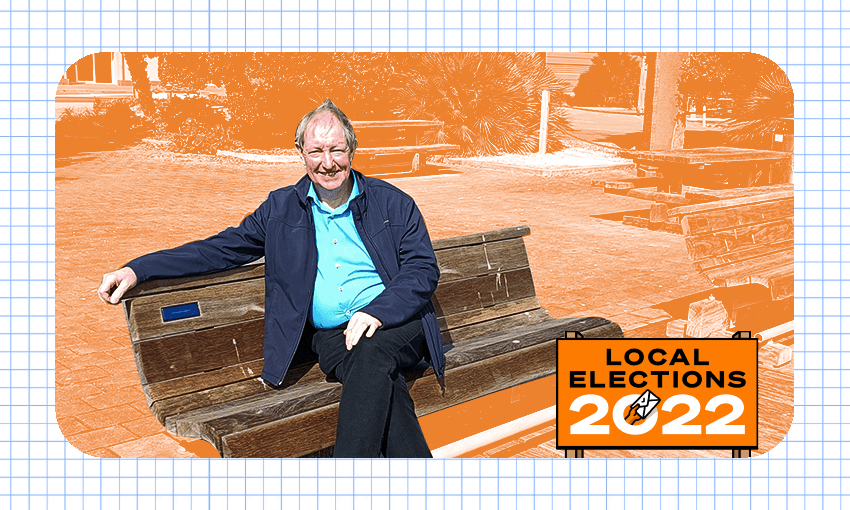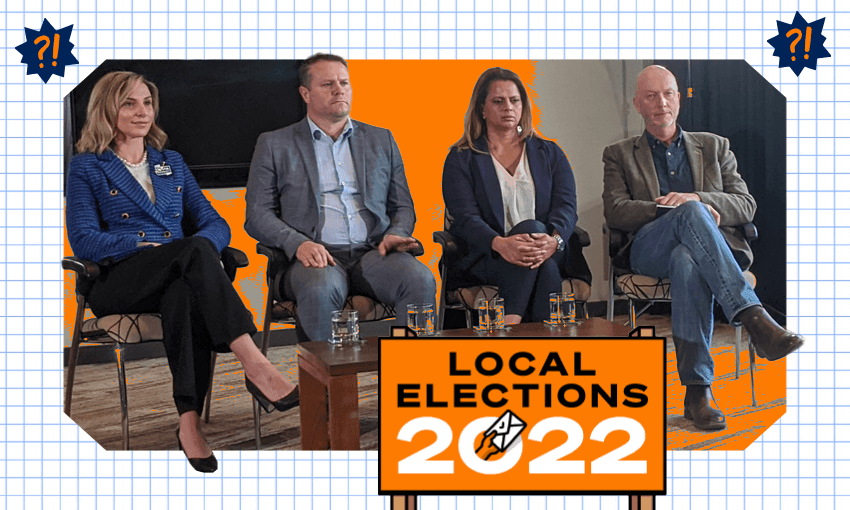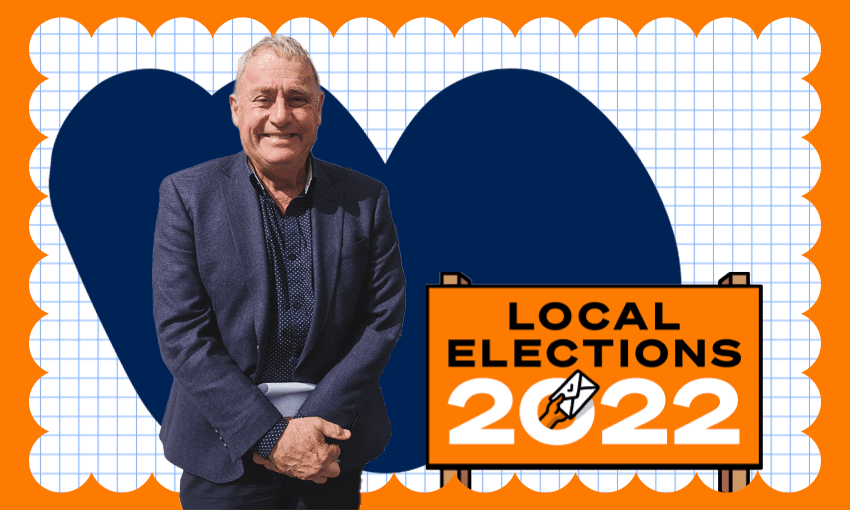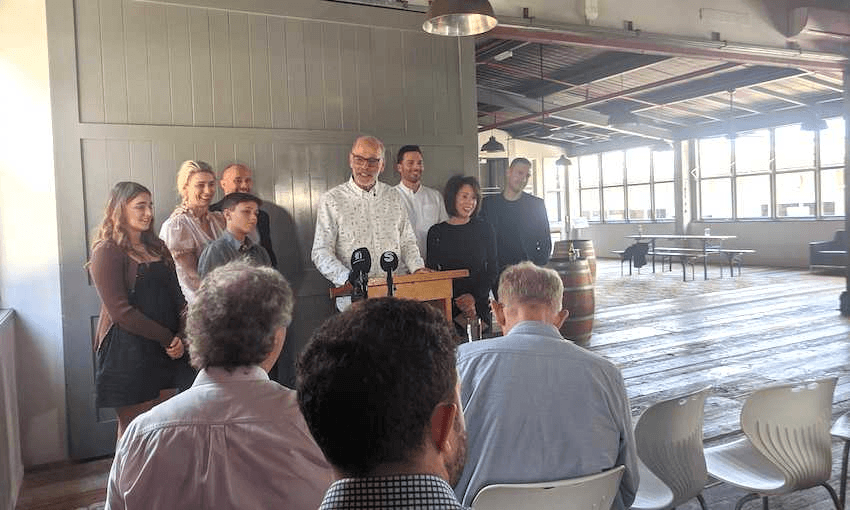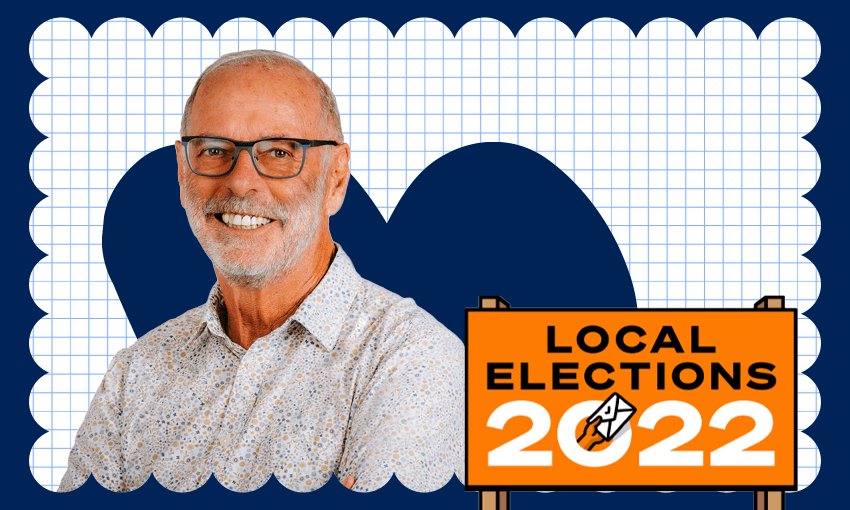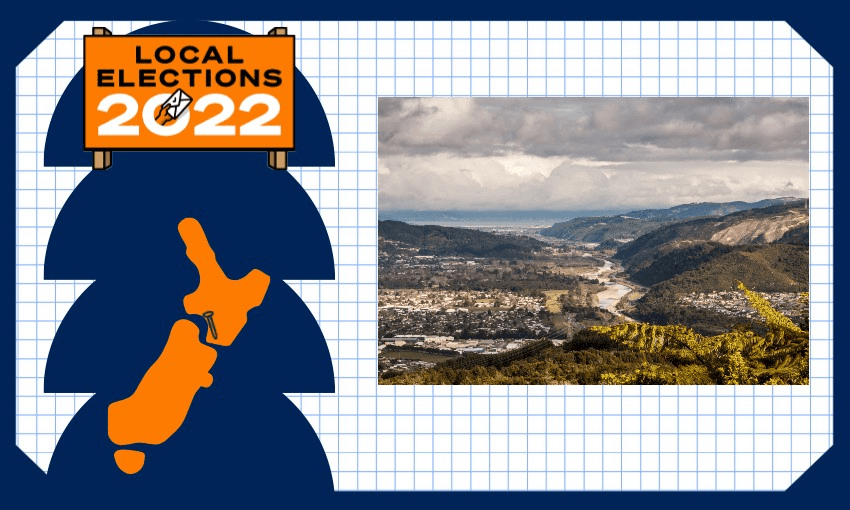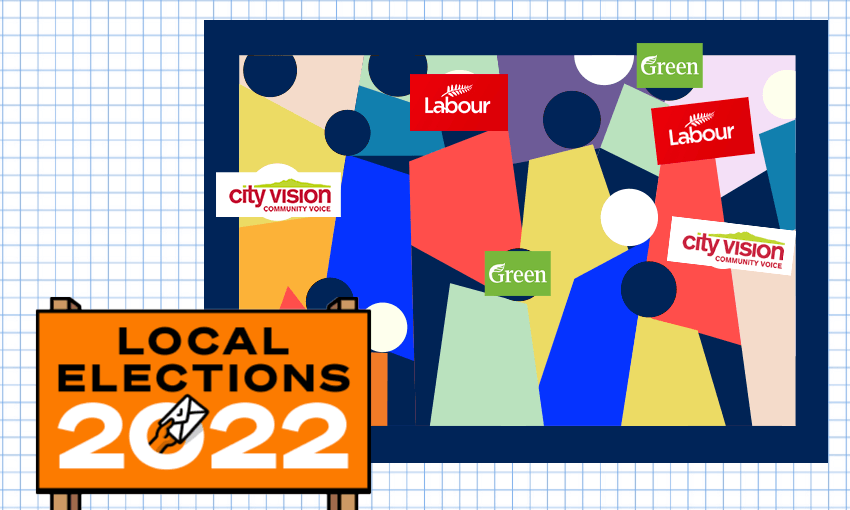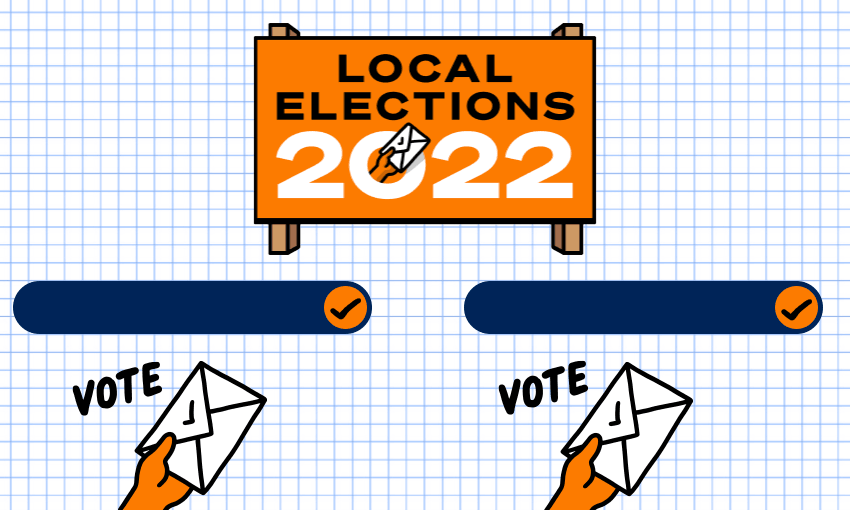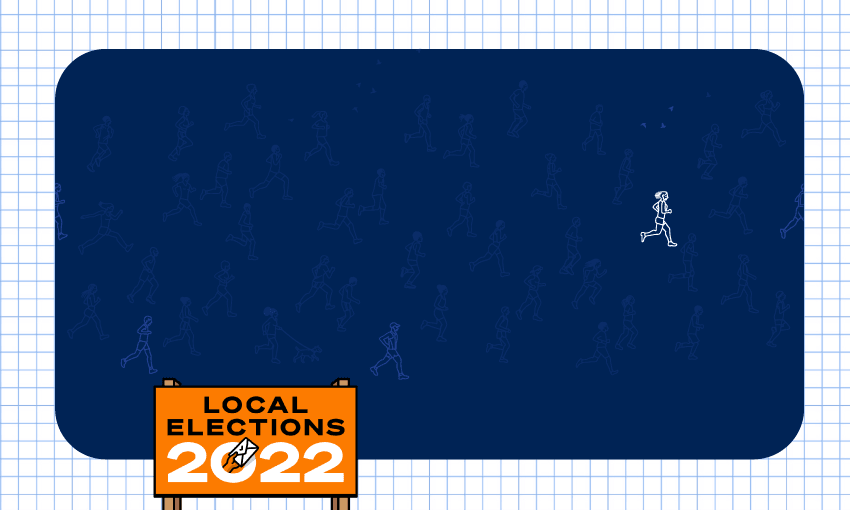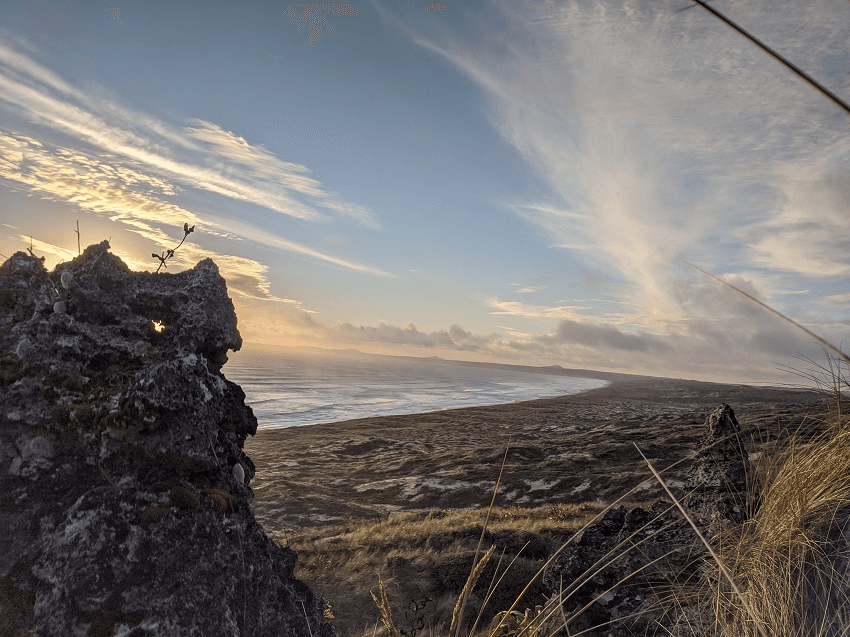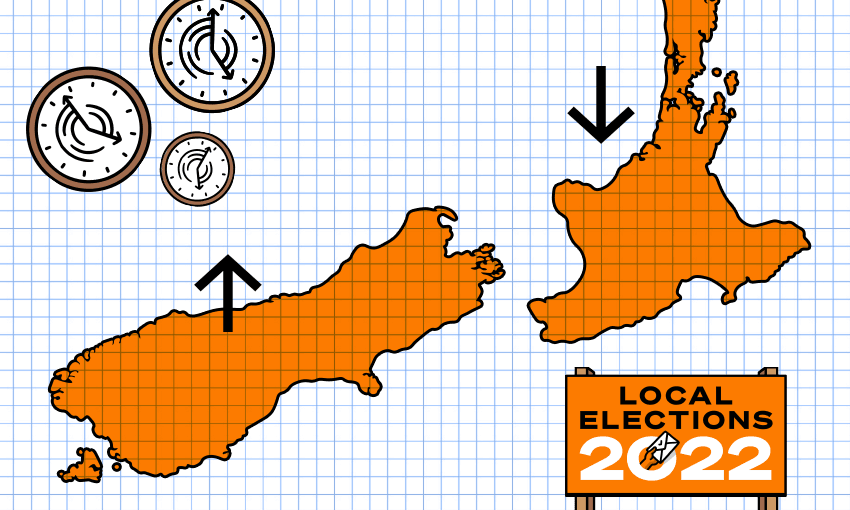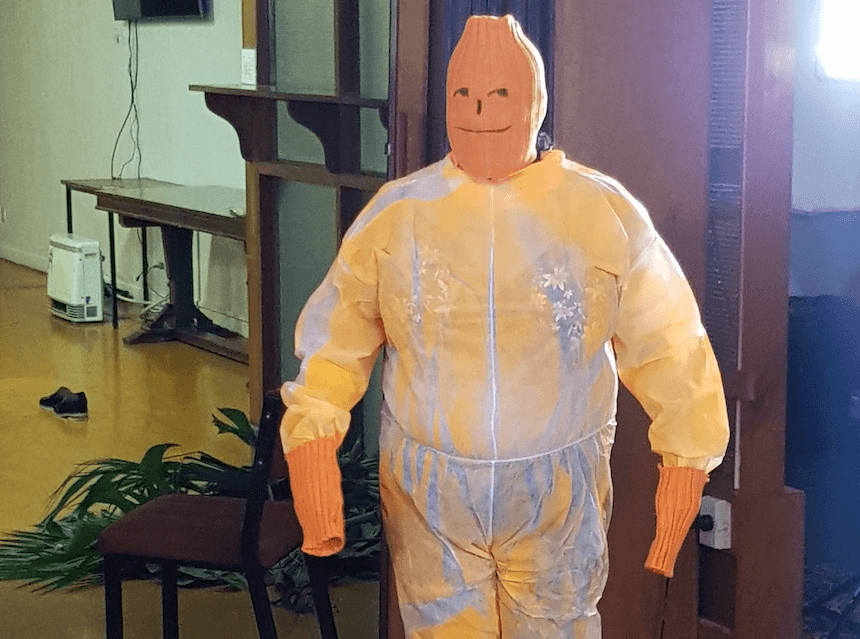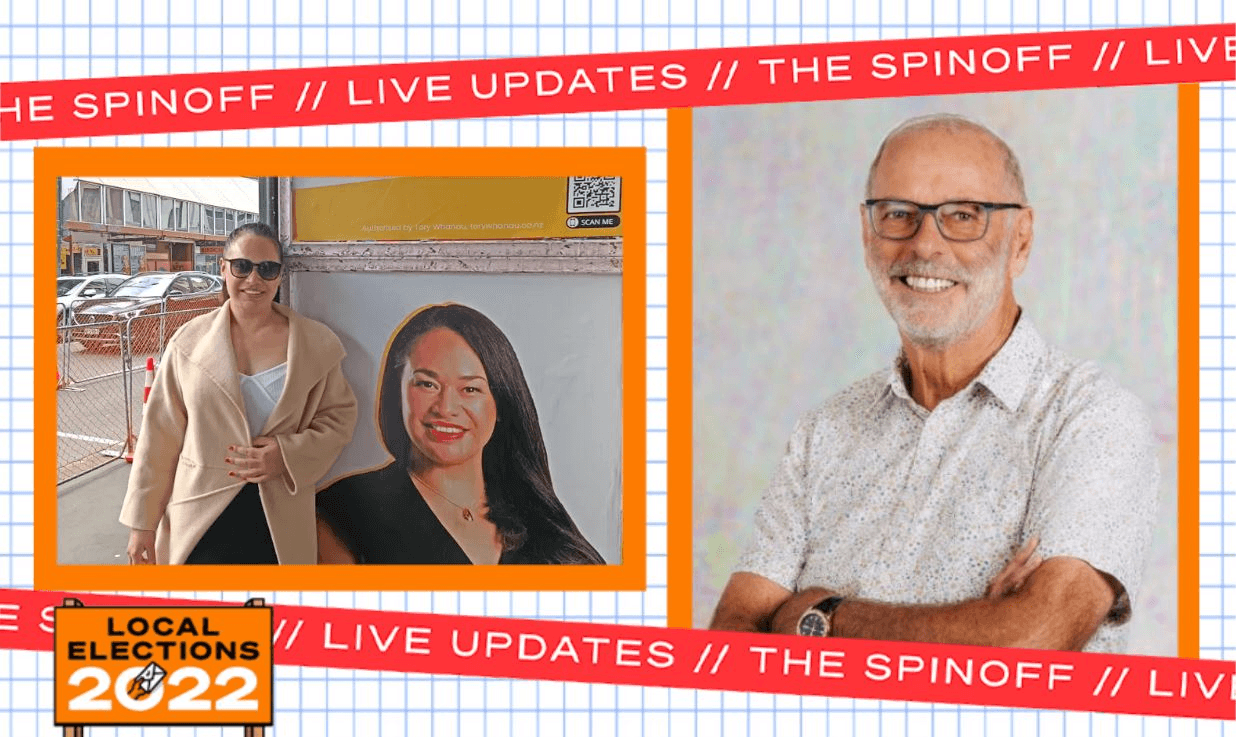After an afternoon flurry, let’s draw a breath and take stock. Here’s the lay of the local body land with progress results (representing around 90% of the overall vote) in.
In Auckland, Wayne Brown has beaten Efeso Collins to the mayoralty, by a whopping margin on a low turnout, to become the first right-leaning leader of the Super City. Paula Southgate has been re-elected mayor of Hamilton, though was run close by rival Geoff Taylor. In Wellington, Tory Whanau is the elected mayor – the Labour MP finished up fourth, with incumbent Andy Foster second and Ray Chung third.
In Nelson, veteran MP Nick Smith saw off closest challenger Matt Lawrey to become mayor. Phil Mauger will be new mayor of Christchurch, defeating closest rival David Meates. In Dunedin, Aaron Hawkins has been deposed by councillor Jules Radich.
Vince Cocurullo goes from councillor to mayor in Whangārei. Veteran councilllor Ann Court does the same in the Far North, probably: she reports “its too close to call yet with specials still to be counted”. Craig Jepson becomes mayor of Kaipara.
In Rotorua, Tania Tapsell has been elected mayor. In Whakatane, Nándor Tánczos’ mayoral bid has fallen short, with Victor Luca taking the job. Gisborne has re-elected Rehette Stoltz. Kirsten Wise has been elected to a second term as mayor of Napier. In Hastings, Sandra Hazlehurst was re-elected unopposed, as was Alex Walker in Central Hawke’s Bay.
New Plymouth mayor Neil Holdom has won a third term. Hamish McDouall’s re-election bid has failed in Whanganui, with Andrew Tripe the new mayor. Weston Kirton is mayor again in Ruapehu District after a break of 20-odd years. He didn’t find out immediately because he was officiating a wedding.
Grant Smith was easily re-elected mayor in Palmerston North. Bernie Wanden has been re-elected as mayor of Horowhenua. Janet Holborow goes from deputy to become the new mayor of Kapiti. In Porirua, Anita Baker was re-elected mayor by a landslide. Wayne Guppy is re-elected as Upper Hutt mayor, as is Campbell Barry in Hutt City.
Tim King has been re-elected mayor of Tasman, as has Nigel Bowen in Timaru. Councillor Glyn Lewers has won a tight race in Queenstown. In Invercargill, the deputy becomes the mayor, with Nobby Clark defeating broadcaster Marcus Lush and sitting mayor Tim Shadbolt finishing well down the field.

